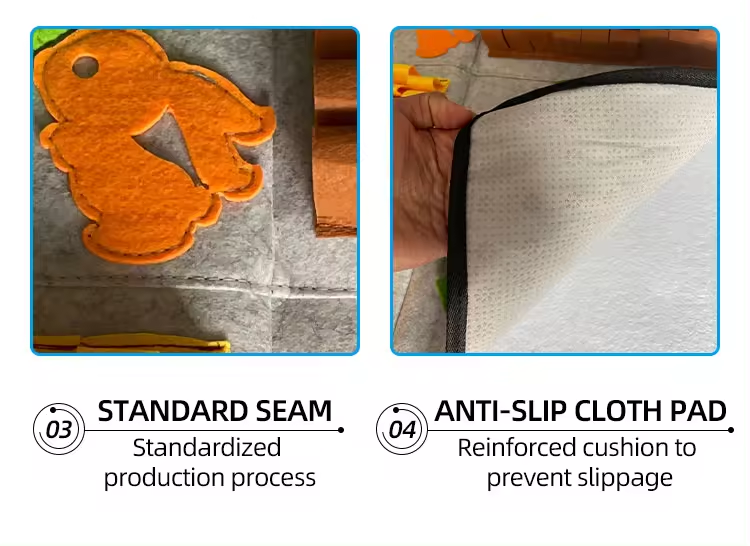Polyester Fiber Board A Sustainable Future in Building Materials
In recent years, the construction industry has been increasingly focused on sustainability, and one innovative material that has garnered attention is polyester fiber board. This versatile board is made from recycled polyester fibers, often sourced from plastic bottles and other post-consumer waste. The production of polyester fiber board not only reduces the amount of plastic waste in landfills but also offers a viable alternative to traditional building materials, which can be resource-intensive and environmentally destructive.
Polyester fiber boards are known for their lightweight yet durable properties. They are engineered to be resistant to moisture, making them an ideal choice for environments where water exposure is a concern. Additionally, these boards are resistant to mold and mildew, thereby enhancing their longevity in various applications. Their structural integrity does not compromise on aesthetics, as they can be easily finished to meet design preferences, making them a popular option for both residential and commercial construction projects.
One of the most significant advantages of polyester fiber boards is their insulation capabilities. They provide excellent thermal insulation, which can lead to improved energy efficiency in buildings. By reducing the need for heating and cooling systems, polyester fiber boards contribute to lower energy consumption and, by extension, reduced carbon emissions. This energy efficiency makes them an attractive option for eco-conscious builders and homeowners looking to minimize their environmental footprint.
polyester fiber board

Moreover, the manufacturing process of polyester fiber board is relatively low in emissions compared to other building materials like concrete or steel. The use of recycled fibers means that fewer raw materials are extracted from the earth, promoting a circular economy. By choosing polyester fiber board, consumers are not only investing in a sustainable product but also supporting a manufacturing process that prioritizes environmental responsibility.
In addition to their residential applications, polyester fiber boards are increasingly being used in commercial and industrial settings. They are suitable for a range of applications, including wall panels, ceilings, furniture, and acoustic insulation. Their versatility makes them adaptable to various design requirements, ensuring that they meet the diverse needs of modern architecture.
In conclusion, polyester fiber boards represent a significant step forward in sustainable building materials. By using recycled fibers, these boards not only help reduce waste but also provide practical benefits such as durability, energy efficiency, and aesthetic versatility. As the construction industry continues to evolve towards more sustainable practices, polyester fiber boards are poised to play a crucial role in shaping the future of eco-friendly architecture.
